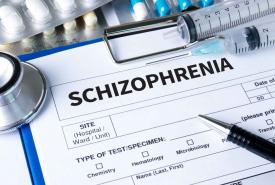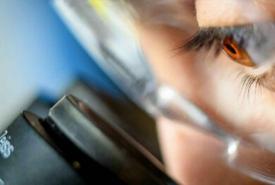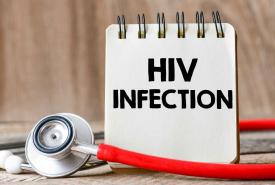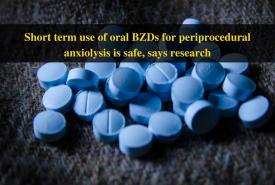SARS-CoV-2 : Neutralization of BA.1 and BA.2 by Therapeutic Monoclonal Antibodies
The SARS-CoV-2 Omicron BA.1 sublineage has been supplanted in many countries by the BA.2 sublineage. Although Omicron is responsible for less severe forms in the general population, immunocompromised people are still at higher risk of developing severe forms of COVID-19. Several monoclonal antibodies are currently available in clinical practice as a preventive treatment for these patients.


















